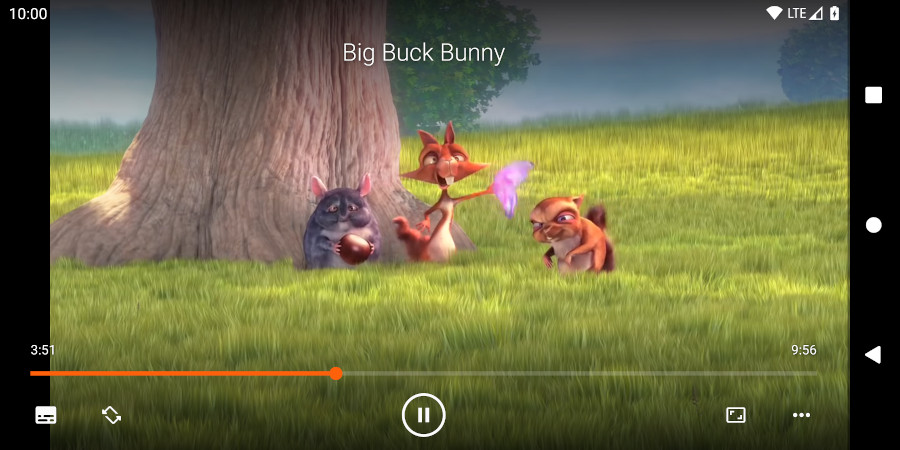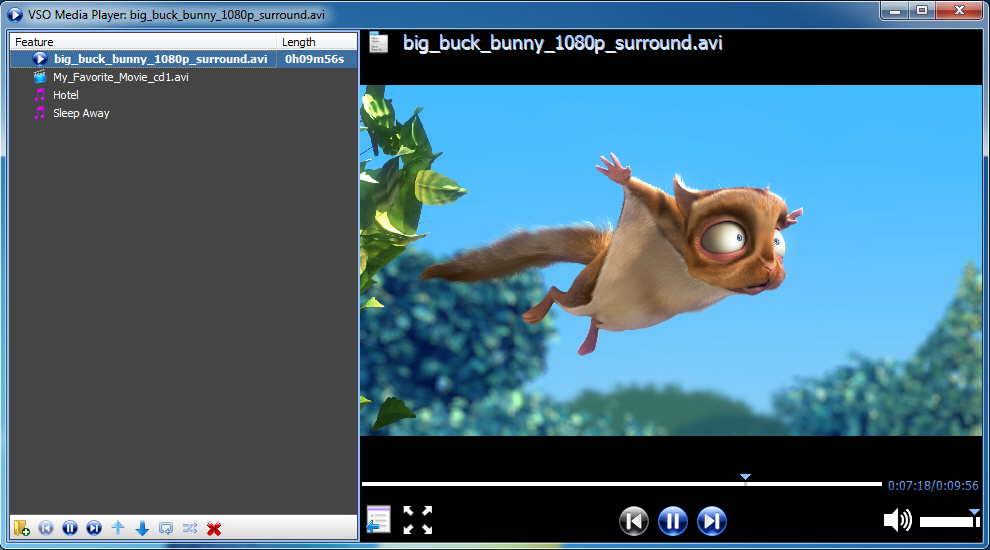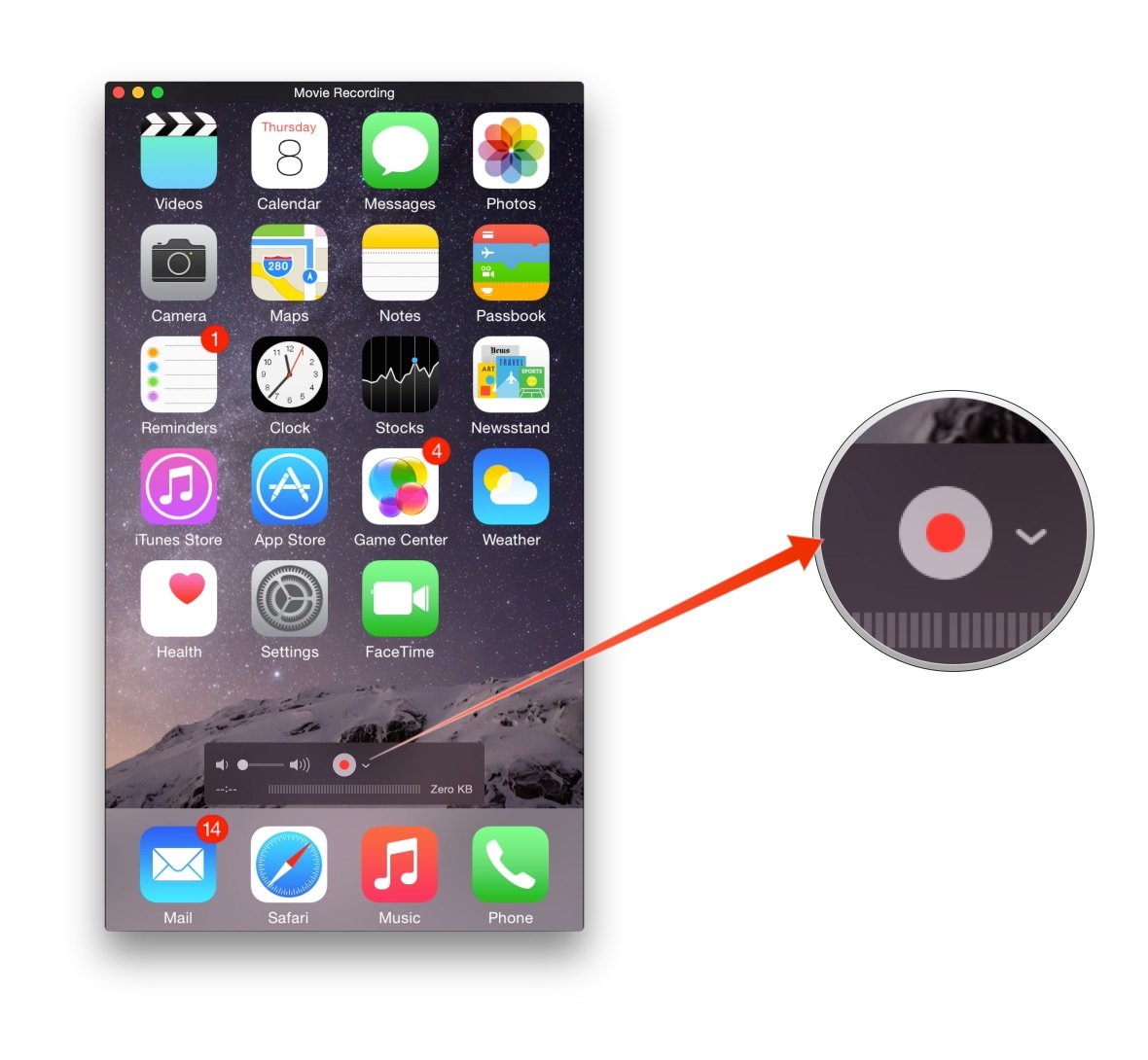Below are some handy guides for using VLC media player
Playing Video and Audio
Quicktime Vlc
- How to...
Then click the 'Music' folder on the left side column under 'Quick access.' The audio file will start with 'vlc-record-' and then end with the date and time the recording was made. By default, VLC stores recorded audio files in the Windows 'Music' folder and video recordings in the 'Video' folder. VLC supports by default a lot codecs built-in. When you play VLC, some.MOV files are identified with the codec 'undf' and others 'Apple graphics (SMC)' The code 'undf' is a generic token for an unknown / unsupported codec. The 'Apple graphics (SMC)' or just 'smc' is the proper identification for most.MOV files played in QuickTime. QuickTime Alternative will allow you to play QuickTime files without having to install the official QuickTime Player. All QuickTime formats (MOV QT 3GP etc.) are supported, including streaming content and QuickTime content that is embedded in webpages.
- Use Subtitles
- Playing movies with subtitles
- Use a Capture Card
- This explains how to watch TV or get video from your capture card.
- Play DVDs and Disks from the image file
- This explains how to use movies encoded onto an ISO file.
Adjusting Settings
- How to...
- Adjust image settings
- This explains how to adjust video image settings: hue, brightness, contrast, saturation, and gamma
- Hardware acceleration
- How to adjust hardware acceleration settings under the Qt Interface for the 3.x.x branch of VLC
Remote Control for VLC
- How to...
- Control VLC via a browser
- This explains how to use the HTTP interface
- Control VLC via a widget on the Mac desktop
- Control VLC from a webOS phone
- Formerly known as Palm webOS
Quicktime Movie Player
Transcoding and Streaming
- How to...
- Play videos on your iPod
- This explains how to convert your videos so they play on your iPod.
- Play videos on your Play-Yan Micro
- This explains how to convert your videos so they play on your Play-Yan Micro.
- Play videos on your XBox and XBox 360
- This explains how to convert your videos so they play on your XBox.
- Play video on your Zune
- This explains how to convert your videos so they play on your Zune.
- Convert Windows Media audio/video files to MOV or .MP4
- This explains how to convert Windows Media-encoded files to Quicktime or MPEG-4 files
- Create a Mosaic
- This explains how to set up a mosaic from a few streams like a TV portal.
- How to Batch Encode
- This explains how to set up a batch transcode with all files in a directory of a certain file extension being transcoded to a specified format.
- Transcode
- This explains converting (transcoding) a file.
- How to merge and transcode multiple videos
- This explains how to take several source videos and merge then transcode resulting in a single file output.
- Extract audio from a file
- This explains how to extract the audio track from a file.
- Extract audio
- This explains how to extract the audio track from a DVD.
- Rip a DVD
- This explains how to rip a DVD using VLC
Using VLC in other Applications
- How to...
- ActiveX
- Specification for ActiveX control
- Use VLC's External API
- Information for using libvlc
- GWT
- Google WebToolkit
Other Stuff
- How to...
- Create a DVD
- This explains how to make a DVD from your home videos
- Use the ActiveX control with Borland's Delphi
- Using the VLC ActiveX plug-in in your programs
- Change a video
- This explains how to edit a video and save the changes
- How to shut down computer when VLC playback is over...
- 1.WAVE Audio File
- 2.DTS-WAV File
File Type 1WAVE Audio File
| Developer | Microsoft & IBM |
| Popularity | |
| Category | Audio Files |
| Format | Binary |
What is a WAV file?
A WAV file is an audio file saved in the WAVE format, which is a standard digital audio file format utilized for storing waveform data. WAV files may contain audio recordings with different sampling rates and bitrates but are often saved in a 44.1 KHz, 16-bit, stereo format, which is the standard format used for CD audio.
The WAVE format is based on the Resource Interchange File Format (RIFF), which is a file container format primarily used for saving video and sound. Microsoft and IBM jointly developed the WAVE format in the early-1990s adopting WAV files as the primary option for saving raw, uncompressed audio in Microsoft Windows.
WAV files are similar to .AIF files, which are saved in the Audio Interchange File Format (AIFF) and are more common on Macintosh systems. However, WAV files are more often saved and played on Windows computers rather than Macs.
There are a large number of programs that support WAV files on Windows, macOS, and Linux systems. Some of them include bundled programs, such as Microsoft Windows Media Player and Apple iTunes, and third-party applications, such as VideoLAN VLC media player and Eltima Elmedia Player.
NOTE: WAV is short for 'Waveform Audio File Format,' and is pronounced 'wave.'
Programs that open WAV files

File Type 2DTS-WAV File
| Developer | DTS |
| Popularity | |
| Category | Audio Files |
| Format | Binary |

.WAV File Association 2

File created by DTS audio programs, which are used to author stereo music and surround sound music CDs; contains audio data for multiple channels; can only be played by programs that support DTS-WAV encoding.
Programs that open WAV files
